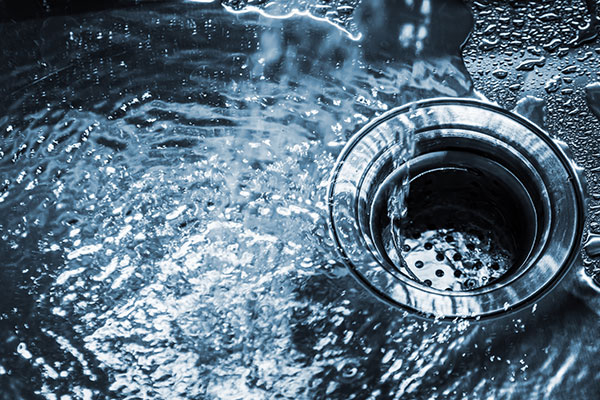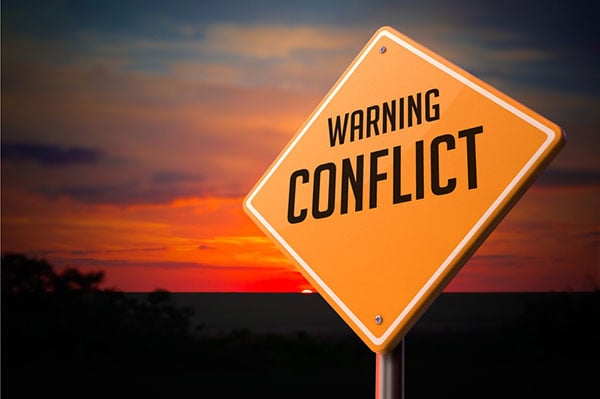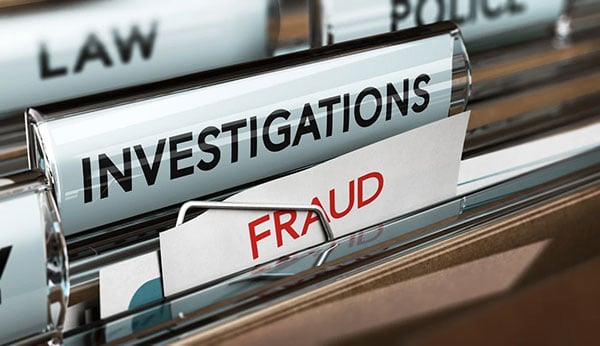Ponds or lakes are common features in homeownership associations residences. Ponds are created for various purposes, including fishing, collecting runoff, aesthetics, or conserving wildlife. Ponds require regular maintenance and monitoring to meet statutory or county standards. The association has a responsibility to ensure that these ponds or lakes are clean and safe.
Monitoring and maintenance involve routine inspection of the ponds/lakes for drainage, sedimentation, erosion, safety equipment condition, size (volume and area), water quality, wildlife, and aquatic life. Maintaining and inspecting your pond regularly and frequently makes it remain attractive, protects it, and lengthens its lifespan.
Managing a pond is not an easy task. You can choose to hire professional pond/lake management companies or decide to do it yourself. Each option has its pros and cons.
DIY Pond/Management
The Homeowners Associations are responsible for taking care of community utilities like ponds/lakes since they collect HOA fees and assessments from homeowners. The association's board can decide to maintain and manage the community water resources by themselves instead of hiring someone else.
While a Do-It-Yourself (DIY) water resources management might work, it is important that board members are aware of everything that DIY lake/pond management entails.
Below are some monitoring and maintenance activities that the board will be charged with in a DIY management strategy.
-
Erosion and Sedimentation
Erosion and sedimentation around a community water resource, such as a pond or lake, are serious issues for any HOA and the neighboring properties. With a DIY management system, the board has to regularly check the shorelines of a pond or lake for erosion or sedimentation, which could affect pond/lake stability, thus safety.
Plants, especially grass, are excellent in stopping erosion. Water source inspection, establishing settling basins, and removing sediments will help you deal with sedimentation or siltation.
-
Drainage and Leakages
Issues in drainage and leakages can be noticed by observing and monitoring water levels. Evaporation might reduce the water level, albeit insignificantly. Excess water losses suggest a faulty lake/pond.
The drainage system determines how water flows in and out of the pond or small lake. Unmonitored drainage or spillway might lead to overflow, damaging the pond. A water resource exceeding its volume or holding capacity is harmful to the community.
Fixing leakages and drainage issues is expensive and dangerous. It is recommended that the board seeks professional water resource maintenance services.
-
Safety Equipment
Water-related accidents are common. Children are likely to fall into ponds, rivers, or lakes. Death can even occur without the right safety equipment. A DIY pond/lake management system will require acquiring and maintaining the right safety equipment for the association. Such equipment is expensive and must meet state or county requirements. Why not acquire professional dam/pond/lake management services?
-
Water Quality and Clarity
Community water resources must be clean and safe. Measuring and determining the water quality requires some level of expertise that the board members might not have. However, you can use simple tools such as the Secchi disk to measure water clarity depending on the visibility.
Water quality monitoring is essential in ensuring safety. You wouldn't want your homeowners to be around disease-containing water ponds or dams.
-
Wildlife Encroachment
Water always attracts wildlife. Maintaining a pond/lake as HOA will require the board to beware of animals that can cause damage. Muskrats, for example, can burrow holes around your small lake, compromising its stability. You need to beware of such occurrences and cover the holes promptly.
-
Aquatic Plants
Plants are beneficial to water resources. They enhance aquatic life habitation and reduce erosion. However, excessive plant growth becomes dangerous. You need the right weed control methods.
Should You Get Professionals?
Managing community water resources is not an easy task since invasive species can appear quickly and be hard to get under control without professional help. Some of the maintenance procedures listed above require professional water management services. Others, such as mending leakages and removing sediments, are costly and dangerous; it would be advisable for the HOA to hire professional pond/lake management services.
The HOA board can manage the association's water resources by itself. You can also opt for professional managers. However, it is wise to consult your management company or a pond/lake maintenance firm for advice about the costs of hiring professionals.
Are you looking to hire a management company for your HOA? You can reach us for the best experience. Also, visit our blog for news and more informative articles. Our Twitter is also open for prompt communication.




